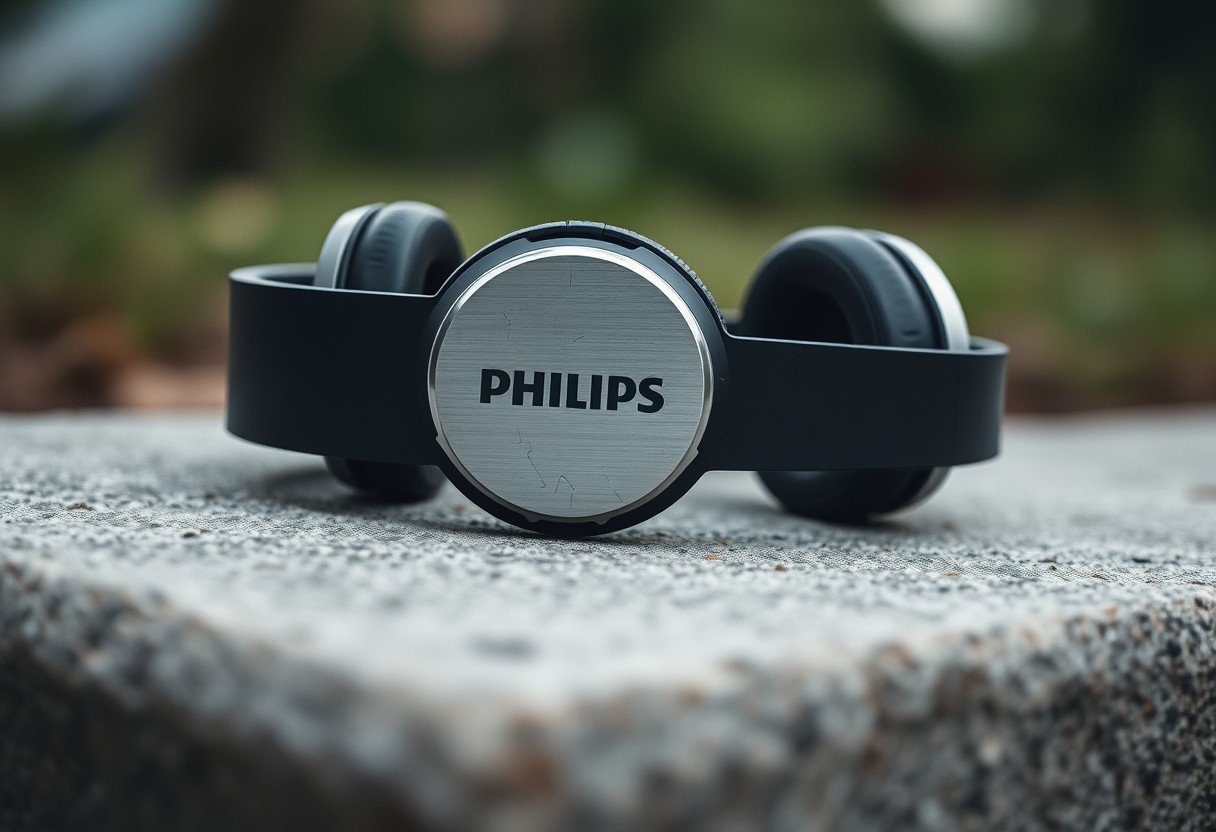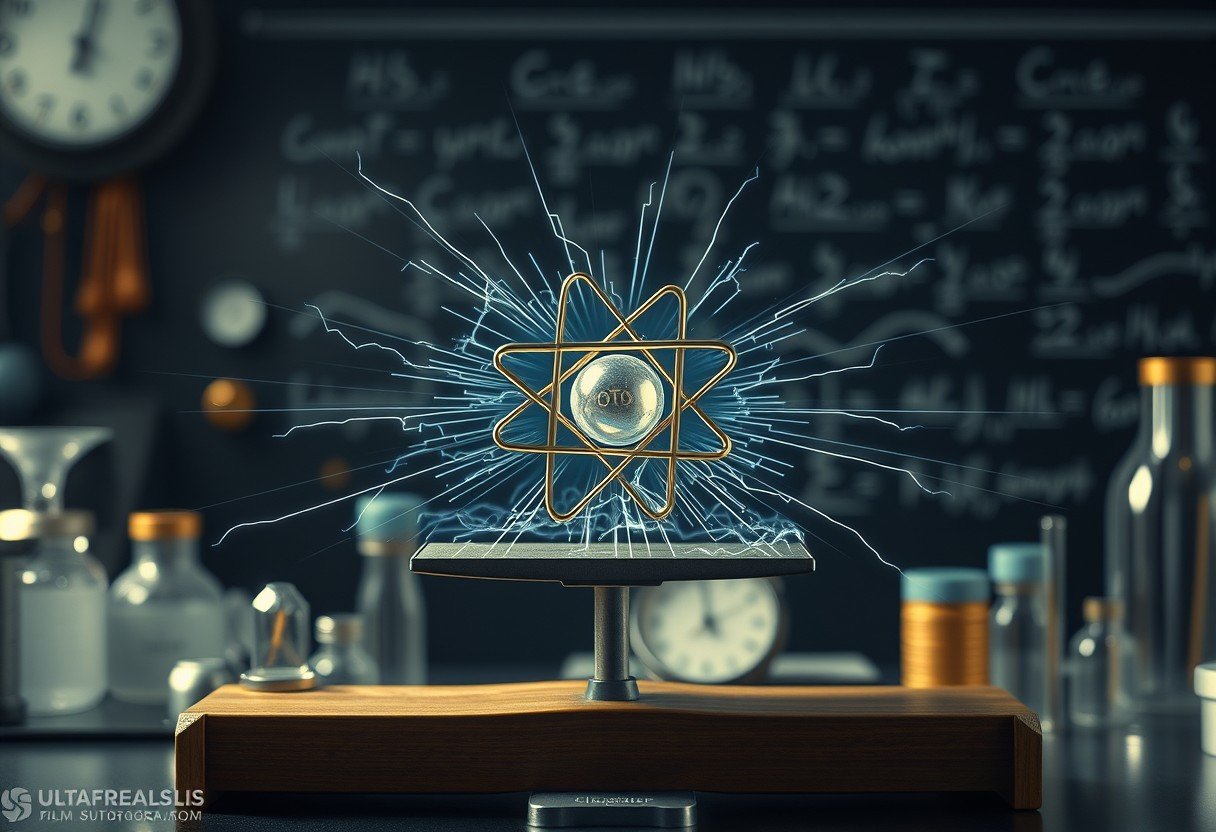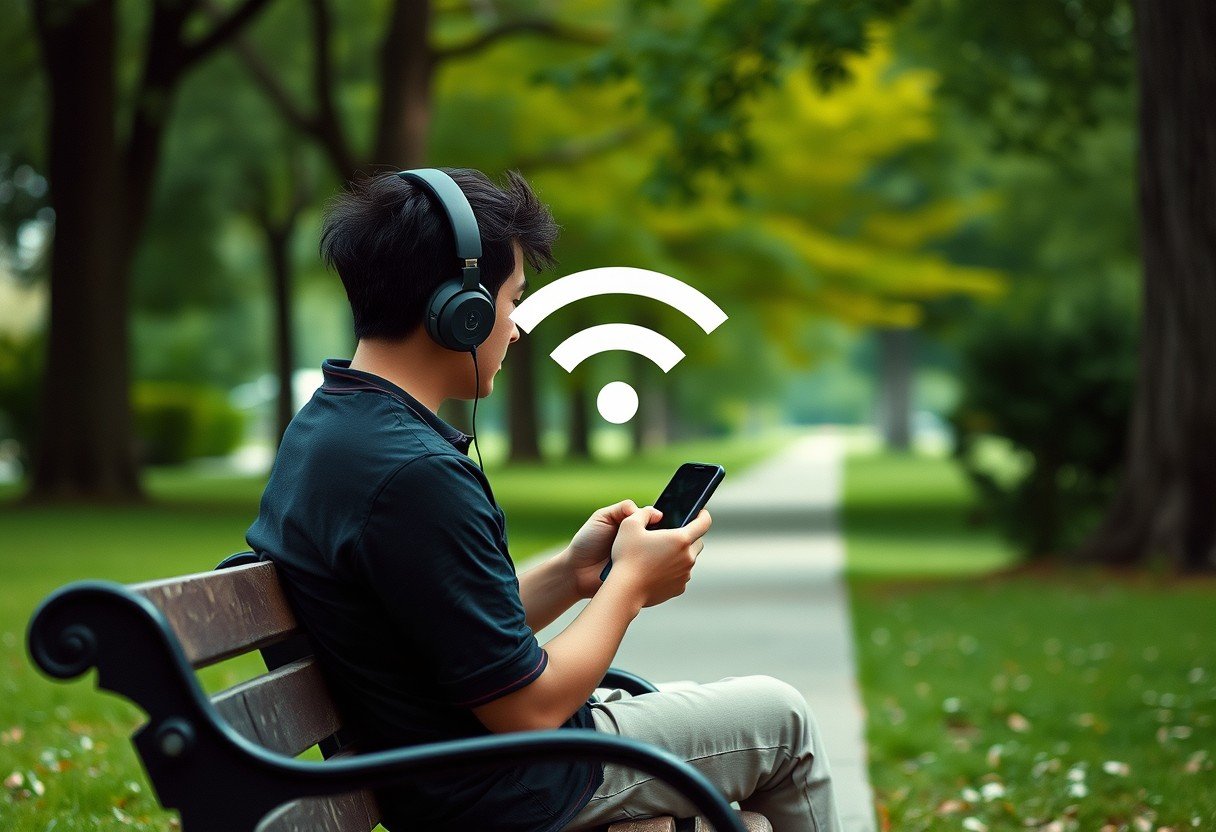When choosing new headphones, durability is just as important as sound quality. You want a pair that can handle daily commutes, gym sessions, and travel without falling apart. This guide explores the build quality of Philips headphones, examining the materials, design, and user feedback to help you understand if they are built to last and provide long-term value for your investment.
What Makes Philips Headphones Durable?
Philips has built a strong reputation for producing reliable consumer electronics, and their headphones are no exception. The brand focuses on creating a product that balances performance with a resilient construction, ensuring they can withstand the demands of everyday life.
The core of their durability lies in the choice of materials. Philips often uses a combination of high-quality plastics, metal components for reinforcement, and premium cushioning. This careful selection ensures the headphones are not just sturdy but also comfortable for long listening sessions. They avoid using flimsy materials that are prone to cracking or breaking under normal stress.
This commitment to quality means that from their budget-friendly models to their high-end audio gear, you can expect a baseline level of robust construction that often surpasses competitors in the same price range.
Key Design Features that Enhance Longevity
Beyond the basic materials, Philips incorporates specific design features to boost the lifespan of their headphones. These thoughtful additions are engineered to address common points of failure found in many headphones. Their goal is to prevent accidental damage from regular handling and use.
Many models include reinforced hinges and adjustable headbands, which are often the first parts to break on cheaper headphones. The ability to fold or swivel the ear cups not only adds to portability but also reduces stress on the joints, preventing breakage.
Some of the most impactful design choices include:
- Tangle-Free Cables: Braided or flat cables reduce wear from twisting and pulling, preventing internal wire damage that leads to audio cutouts.
- Water-Resistant Coatings: Certain models, especially those for active use, feature water resistance to protect against sweat and light rain.
- Swivel Ear Cups: This allows for a more flexible fit and helps absorb impact if the headphones are dropped or bumped.
These features work together to create a product that is prepared for the rigors of daily use, whether you’re at home, in the office, or on the move.
How do Philips Headphones Fare in Real-World Use?
While lab tests and material specs are important, the true test of durability comes from long-term, real-world use. User feedback and reviews consistently highlight the longevity of Philips headphones as a major advantage. Many customers report using their headphones for years without significant issues.
Long-term users often praise the sturdiness of the headband and the lasting quality of the ear cup padding, which can wear out quickly on other brands. The sound quality also tends to remain consistent over time, indicating that the internal drivers are well-protected.
Of course, durability can vary between different models. The high-end Philips Fidelio series, for example, is known for its premium materials and exceptional build, while more budget-oriented models are designed to be sturdy enough for general use without the premium price tag.
Common Wear and Tear Issues and How to Fix Them
Like any electronic device, even durable Philips headphones can encounter issues over time. Recognizing the common weak points can help you maintain them properly and extend their life even further. The most frequent problems include frayed cables, worn-out ear pads, and potential stress on the headband joints.
For minor issues, simple DIY repairs are often possible. Worn ear pads can typically be replaced, and you can find replacements online for many popular models. For a frayed cable on a wired model, electrical tape can provide a temporary fix, but a more permanent solution might require some basic soldering skills or a professional repair. Always check if your headphones are still under warranty before attempting any repairs yourself.
Philips vs. Competitors: A Durability Showdown
In the competitive audio market, Philips holds its own against other major brands. While some competitors might focus more on aesthetics or lightweight designs, Philips consistently prioritizes a solid and reliable build.
Here is a general comparison of how Philips stacks up against other popular brands in terms of durability.
| Brand | General Durability Rating |
| Philips | High |
| Bose | High |
| Sony | Medium |
| JBL | Medium |
This comparison shows that Philips is often on par with premium brands like Bose when it comes to build quality. Furthermore, they achieve this durability while typically offering a more competitive price point. Investing in Philips headphones often means you get excellent value, as you are less likely to need a replacement soon compared to some alternatives.
Expert and User Opinions on Philips Headphone Longevity
Across the board, both audio experts and everyday users tend to agree on the reliability of Philips headphones. Customer ratings on retail websites frequently mention durability as a key reason for their satisfaction. Users appreciate that the headphones feel solid and can withstand being tossed in a bag or used during exercise.
Audio professionals often commend Philips for its excellent engineering, which balances sound performance with a robust physical design. Experts frequently highlight the use of quality materials as a key factor that enhances their longevity. This consensus reinforces the idea that Philips headphones are a trustworthy investment for anyone who prioritizes durability.
Frequently Asked Questions
How durable are Philips headphones compared to other brands?
Philips headphones are generally known for their solid build quality and durability, often comparable to more expensive brands like Bose. They typically use a good balance of sturdy materials that withstand regular use better than many competitors in the same price range.
What materials are used to make Philips headphones last long?
Philips constructs its headphones using a mix of high-quality plastics, metal components for reinforcement in key areas like the headband, and durable fabrics for padding. Many models also feature tangle-resistant cables and strong hinges to enhance their lifespan.
Can Philips headphones withstand daily use without breaking?
Yes, Philips headphones are specifically designed for everyday use. Features like foldable designs, reinforced joints, and included travel cases on many models help protect them from the rigors of commuting, exercise, and daily handling.
Are there specific Philips models known for being extra tough?
While most Philips headphones are durable, models like the Philips PH805 over-ear headphones and the athletic A-series are particularly praised for their robust construction. These models often feature enhanced materials and design elements for maximum longevity.
How should I care for my Philips headphones to maximize their durability?
To make your headphones last as long as possible, handle them gently and store them in a protective case when not in use. Avoid exposing them to extreme temperatures or moisture, and regularly clean the ear pads and headband with a soft cloth.








Leave a Comment